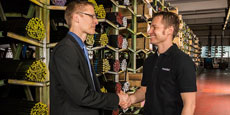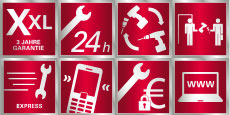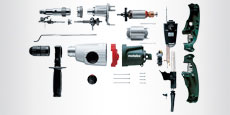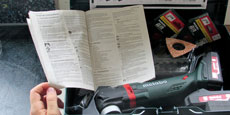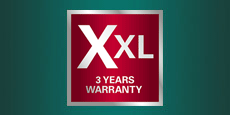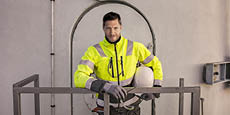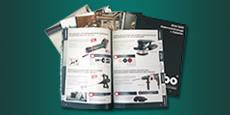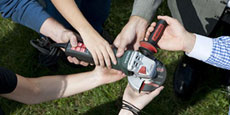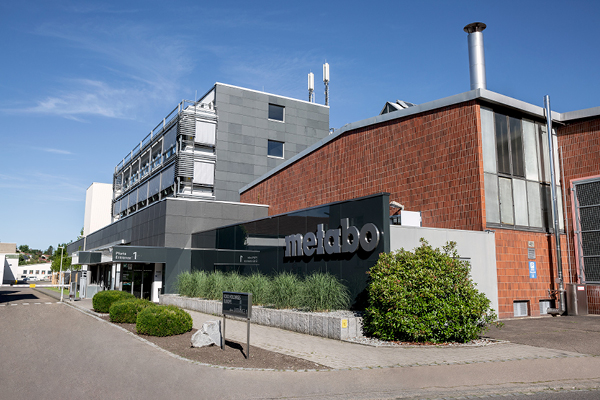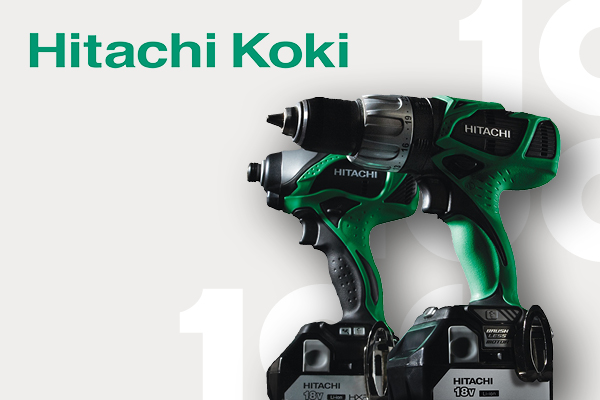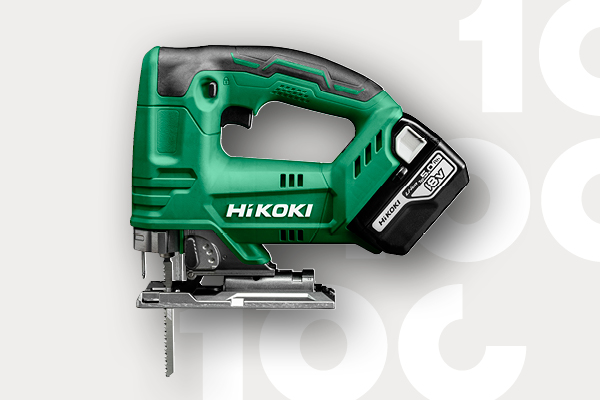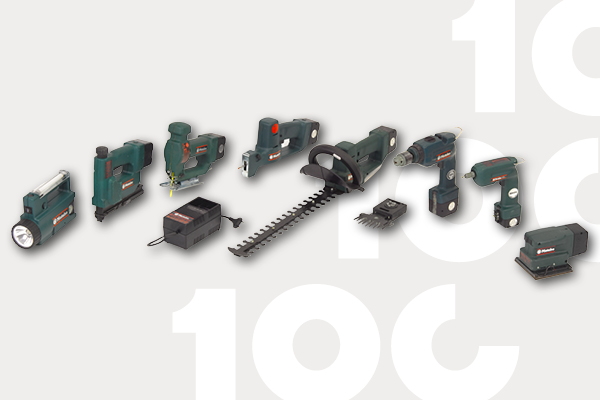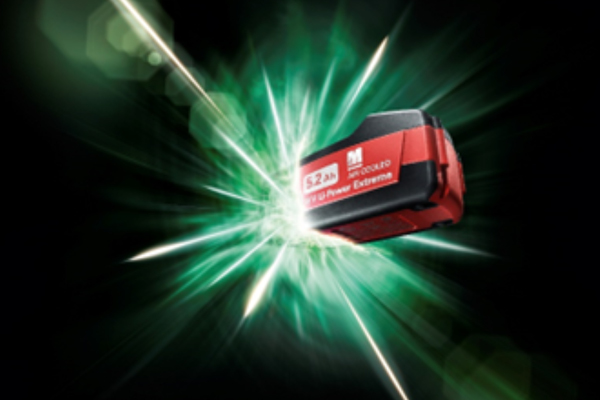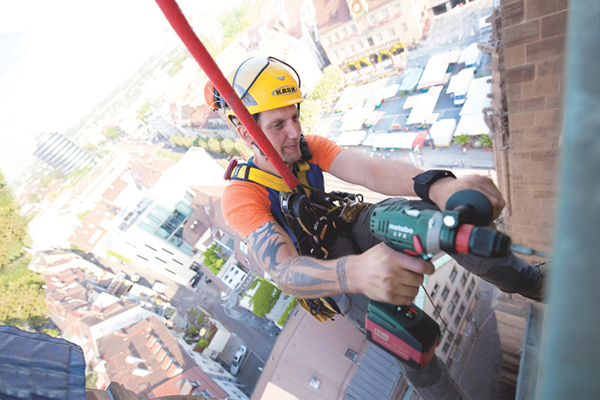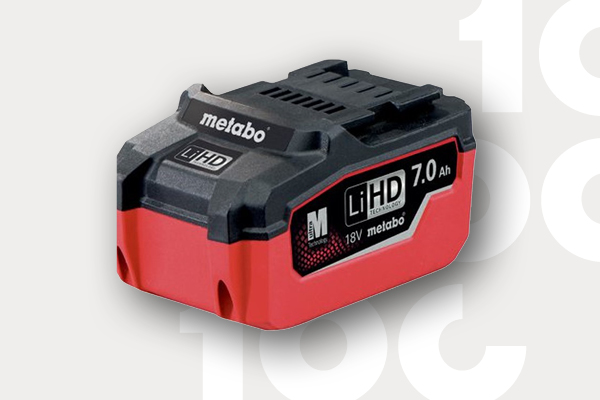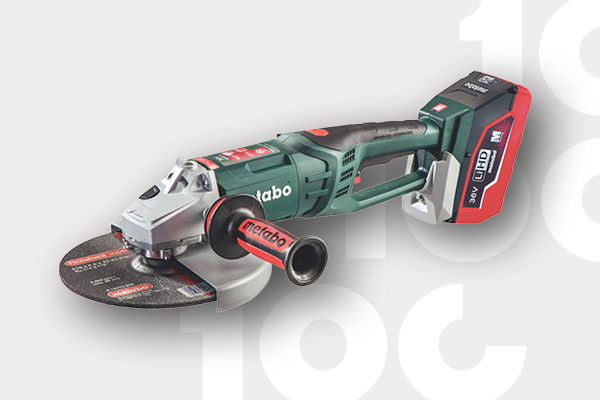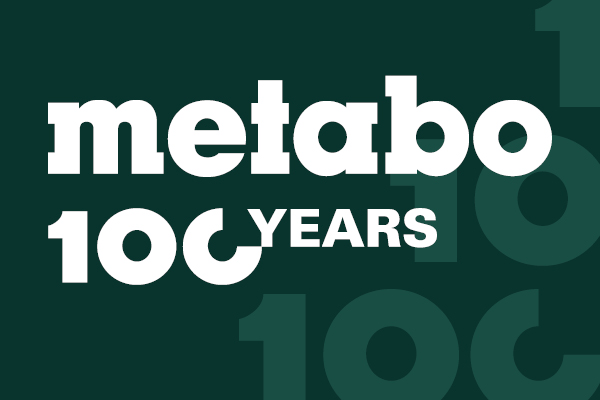A company in a changing world
The family business era ends in 2012 on the shareholder side as well. Financial investor Chequers Capital takes over the majority of company shares. Family shareholders closely bound to the company are replaced by experienced portfolio managers with clearly formulated and defined expectations for management. The corporate management board, headed up at the time by CEO Horst Garbrecht, meet these expectations so well that Chequers Capital receives an attractive offer from the Japanese Hitachi Group after less than three years.
In 2017, US financial investor KKR takes over Hitachi Koki. The company is renamed Koki Holdings Ltd. After a two-year transition phase, the brand Hitachi Power Tools is rebranded HiKOKI. The transformation from an essential independent individual company to an internationally integrated matrix organisation begins: One Koki is the vision, designed to combine the best of both worlds and advance the development of future generations of products and solutions from both brands for professional users.
Cordless construction site
The 1980s: the start of a new era
Metabo rings in a new era in the world of power tools in the 1980s with the launch of its first eight battery operated devices. This initial product range already included many key tool types. For the first time, users could experience how much more freedom they would have working without cables. Even at that time, nickel cadmium (NiCd) batteries fit on all tools in an individual volt class, and the charger was able to charge all batteries in different volt classes.
The technological leap to lithium ion batteries
In 2005, the technological leap comes that finally puts battery-operated power tools on the road to success, revolutionising the industry. New lithium-ion batteries (LiIon or Li-Power) deliver much more power, can store more energy, do not independently discharge, and no longer suffer from the memory effect, which often quickly reduces the usable capacity of NiCd batteries in practice.
33 % more capacity
Metabo introduces the world's first 18 volt battery pack in January of 2012, developed in close collaboration with a leading Japanese cell manufacturer. It has 4.0 ampere hours (Ah) capacity – giving it 33 % more capacity than the 3.0 Ah batteries commonly used up to that time. And while the rest of the industry is switching to 4.0 Ah, Metabo launches the first 5.2 Ah battery pack on the market in April of 2013.
It has enough capacity to deliver the runtimes needed by professional users, even in power-intensive applications.
The vision of the cordless construction site
Metabo develops its vision of the cordless construction site: all handheld power tools should be available in battery-operated versions, with a power level comparable to plug-in variants. Power, however, remains the critical point. Battery power is sufficient for many smaller types of tools, but not for tools with 2,000 watt input power or more - such as large angle grinders with 230 millimeter discs.
World premiere of LiHD technology
In May of 2015, Metabo delivers an answer to this problem as well with LiHD technology: the world's first battery technology that can deliver more than 1,000 watts of continuous power in the 18 volt class. With this advancement, batteries have reached the power level necessary to operate all hand-held and many semi-stationary power tools like crosscut and table saws.
Vision becomes reality
With the WPB 36 LTX BL 230, Metabo presents the world's first large cordless angle grinder for 230 mm discs. It is available with either one 36 or two 18 volt batteries, and achieves the same level of power as a 2,400 watt plug-in machine. This power is sufficient not only for any hand-held power tool, but also for semi-stationary tools like crosscut or table saws. The vision of the cordless construction site is now a reality.
Metabo on the job
For a century, Metabo power tools have been proving themselves under challenging conditions in professional applications. Sometimes, work sites and the challenges placed on machines and workers are simply spectacular!
CAS concept
CAS in brief
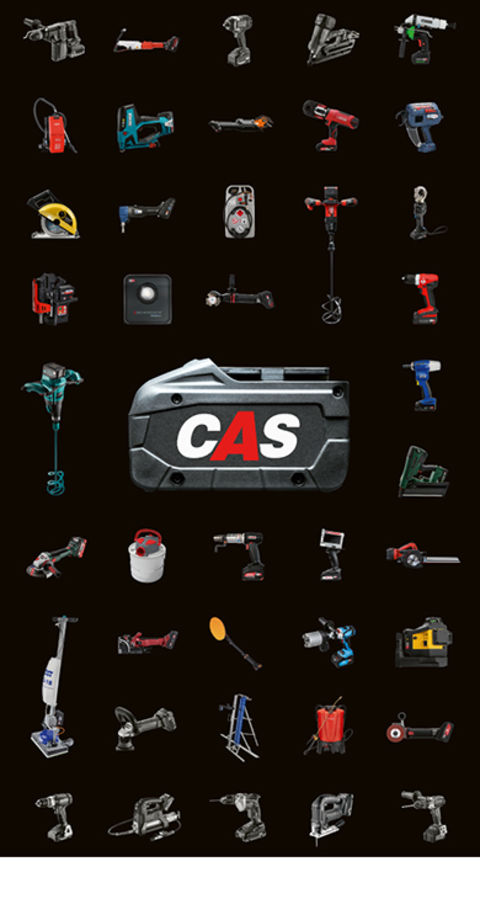
With around 400 tools from 40 manufacturers, CAS is the world's largest battery alliance. Professional users can easily combine 18 volt tools, battery packs and chargers from a wide range of manufacturers.
One battery, many solutions – under the leadership of Metabo, nine power tool manufacturers launched their cross-manufacturer battery pack system CAS (Cordless Alliance System) in 2018.
Often, tradespeople use many different tools from many different brands. The result? Chaos in the workshop or on the construction site.
Whether for façades, floors, roof or sanitary, heating and cooling installations, CAS and its 40 partners offer the right, powerful tool for every challenge – and the battery fits in every one of them.



